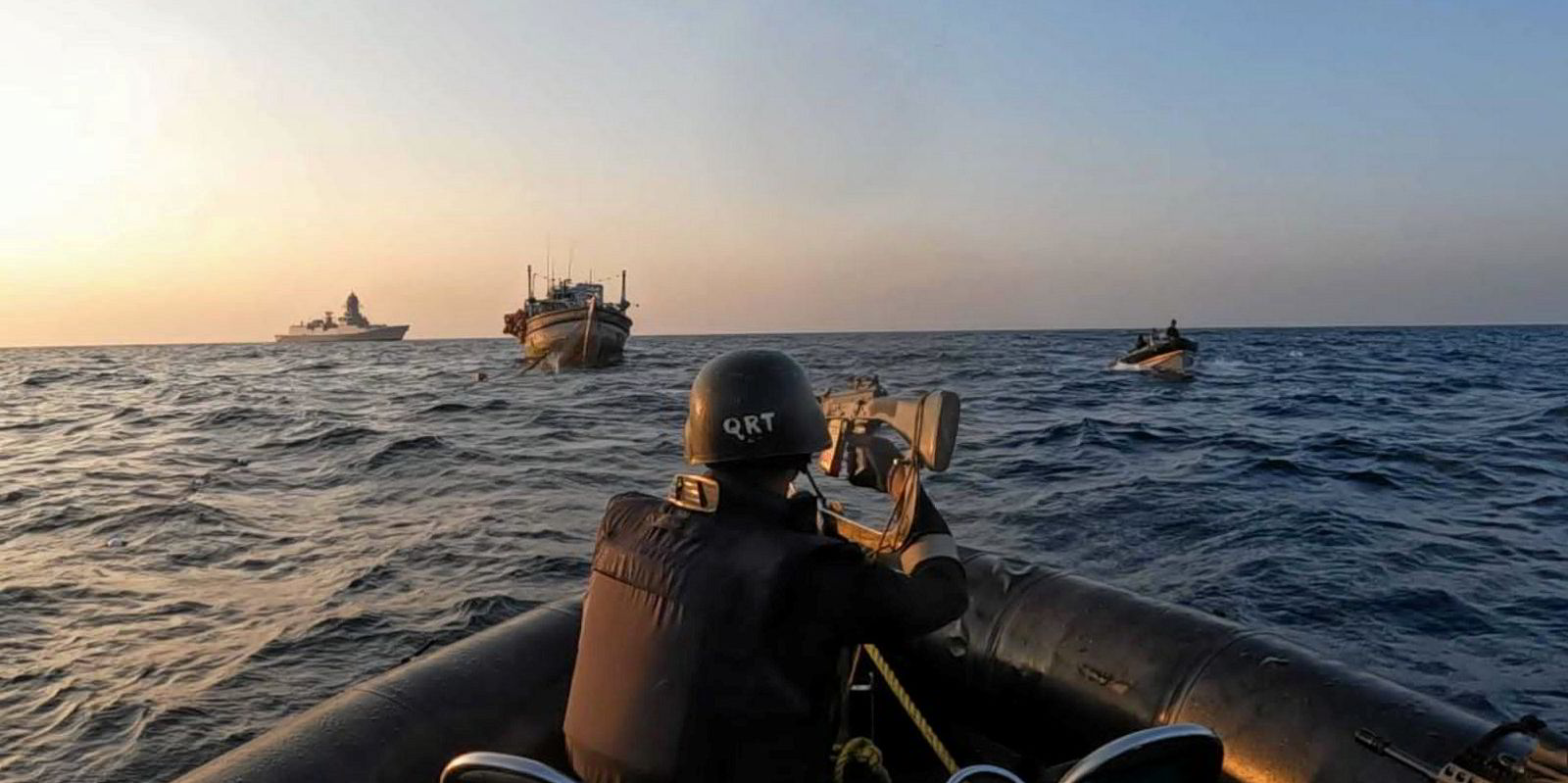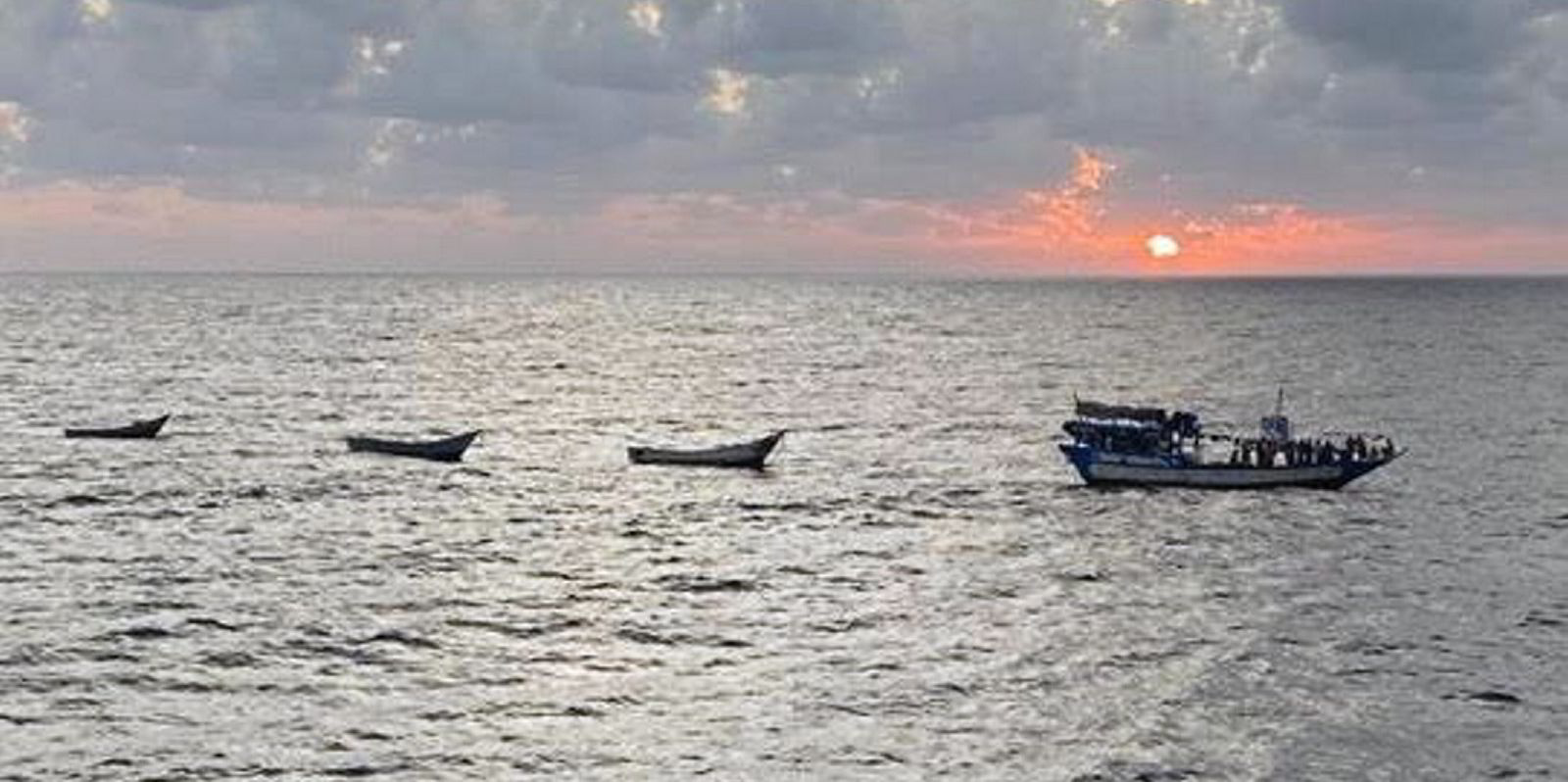A resurgence of Somali piracy is highly likely, according to an expert who argues that anti-piracy measures in the region have been severely weakened.
One successful hijacking and two attempted hijackings linked to Somali piracy in recent months have raised the question of whether shipping faces a new threat in the region.
One vessel, the 41,600-dwt Ruen (built 2016), is currently being held for ransom.
Christian Bueger, director of the shipping safety and policy advisory group Safe Seas, has been closely monitoring the situation in his role as a professor at the University of Copenhagen.
He challenges the view of industry pundits that the anti-piracy measures, which eradicated piracy in 2011, are still effective in countering the latest episode.
He said anti-piracy measures have been on the decline in recent years, opening the door for more attacks.
“Upon closer inspection, few of the counter-piracy structures are still in place,” he said.
“Outside of the public gaze, the structures have partially collapsed due to lack of maintenance and attention. This means that the risk for a new spiral of piracy incidents is highly likely.”
Bueger points out that the United Nations Security Council lost its mandate to monitor piracy in 2022 and it has not been renewed.
The international coordinating body — the Contact Group on Piracy off the Coast of Somalia — has seen a steady decline in participation. In 2022, it was renamed the Contact Group on Illicit Maritime Activity. He said the body now “lacks a clear mandate”.

A UN trust fund that was established to help African countries prosecute and imprison pirates was closed in 2022.
“This implies that if a situation arises in which piracy suspects are arrested, no financial arrangements are in place for activating transfer and regional prosecution, and the arresting state would have to take over that burden,” he said.
While the multinational Operation Prosperity navy force safeguards shipping from Houthi missile and drone attacks in the Gulf of Aden and southern Red Sea, anti-piracy forces in the region have dwindled.
The combined international anti-piracy task force EUNAVFOR only currently has one ship contributed by the Spanish Navy.
Only the Indian Navy has managed to maintain its counter-piracy force in the region.
Bueger is calling for a stronger naval presence from countries not involved in the Red Sea such as China, Japan, or South Korea to support the Indian Navy in combatting piracy.
Need for international support
He does credit some reporting bodies as remaining fully functional. These include the UK’s Maritime Trade Organisation and the EU’s Maritime Security Centre — Horn of Africa.
He said that the cooperation between commercial shipping and these reporting organisations led to the quick response by the Indian Navy to recent incidents.
Now Bueger wants to see the international community start to take the piracy threat more seriously.
“At a very minimum, voices in the international community, including regional states, need to demonstrate that they take the situation seriously, call for the release of the MV Ruen, and send strong signals that further attacks will not be tolerated,” he said.(Copyright)





